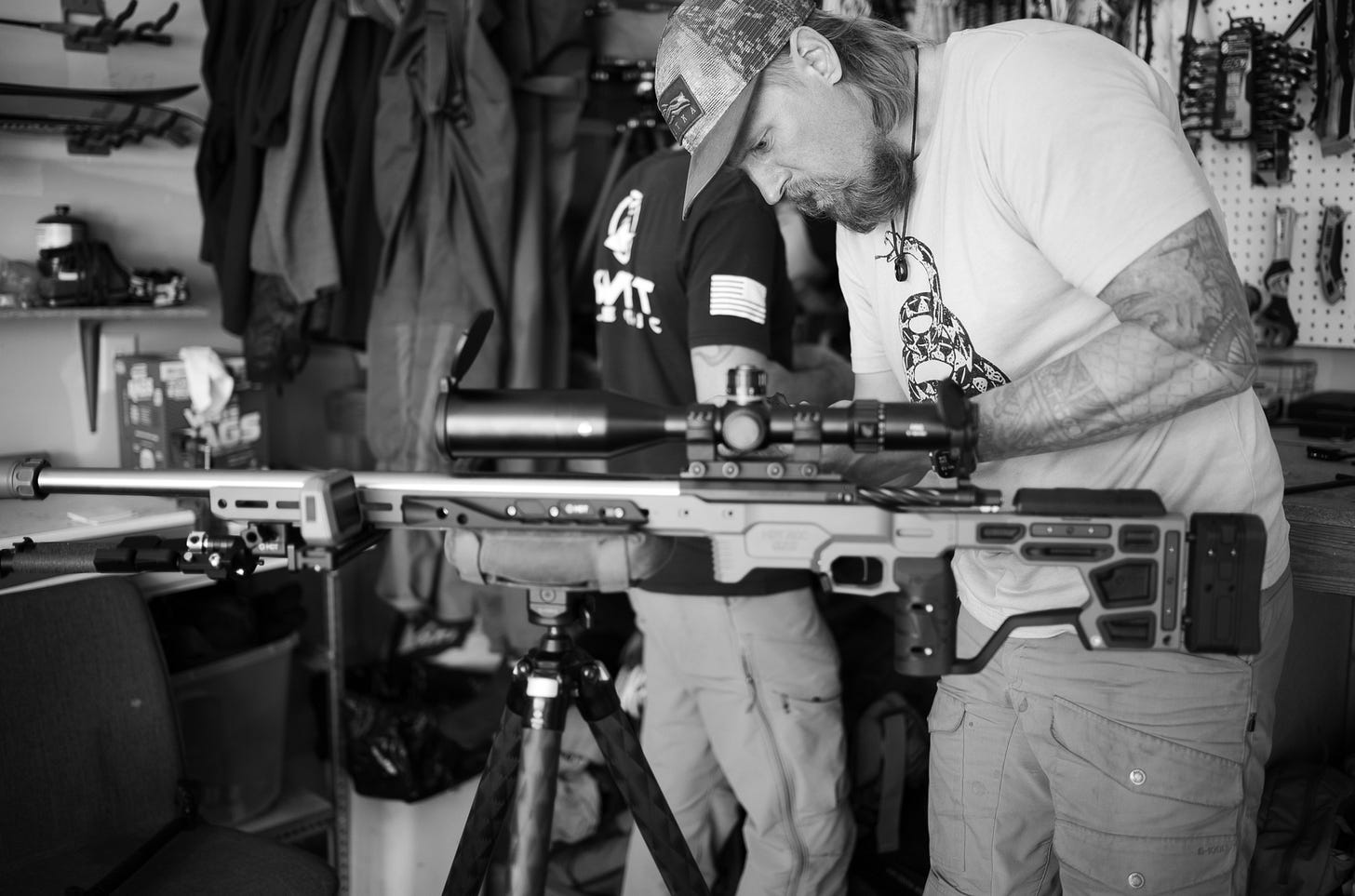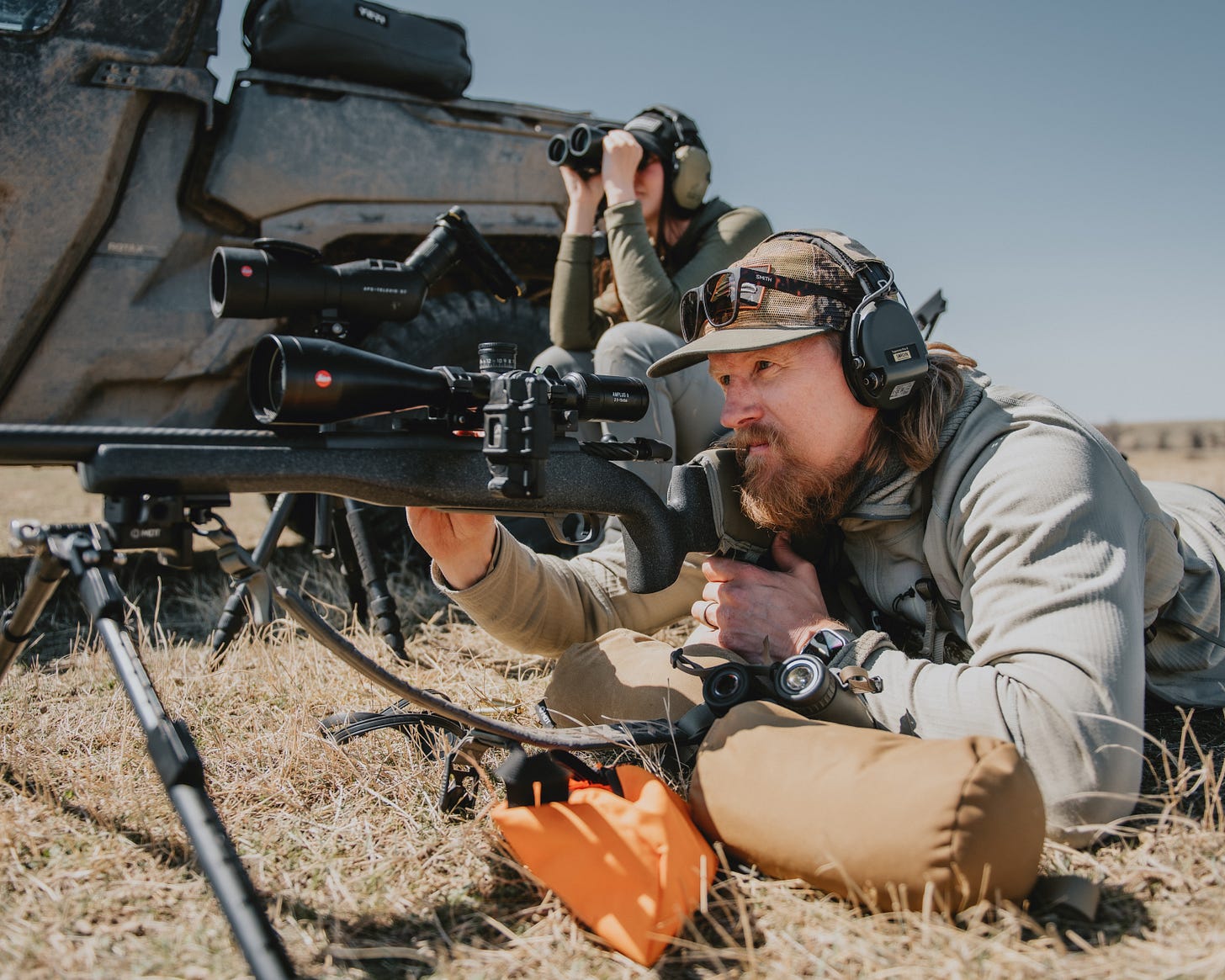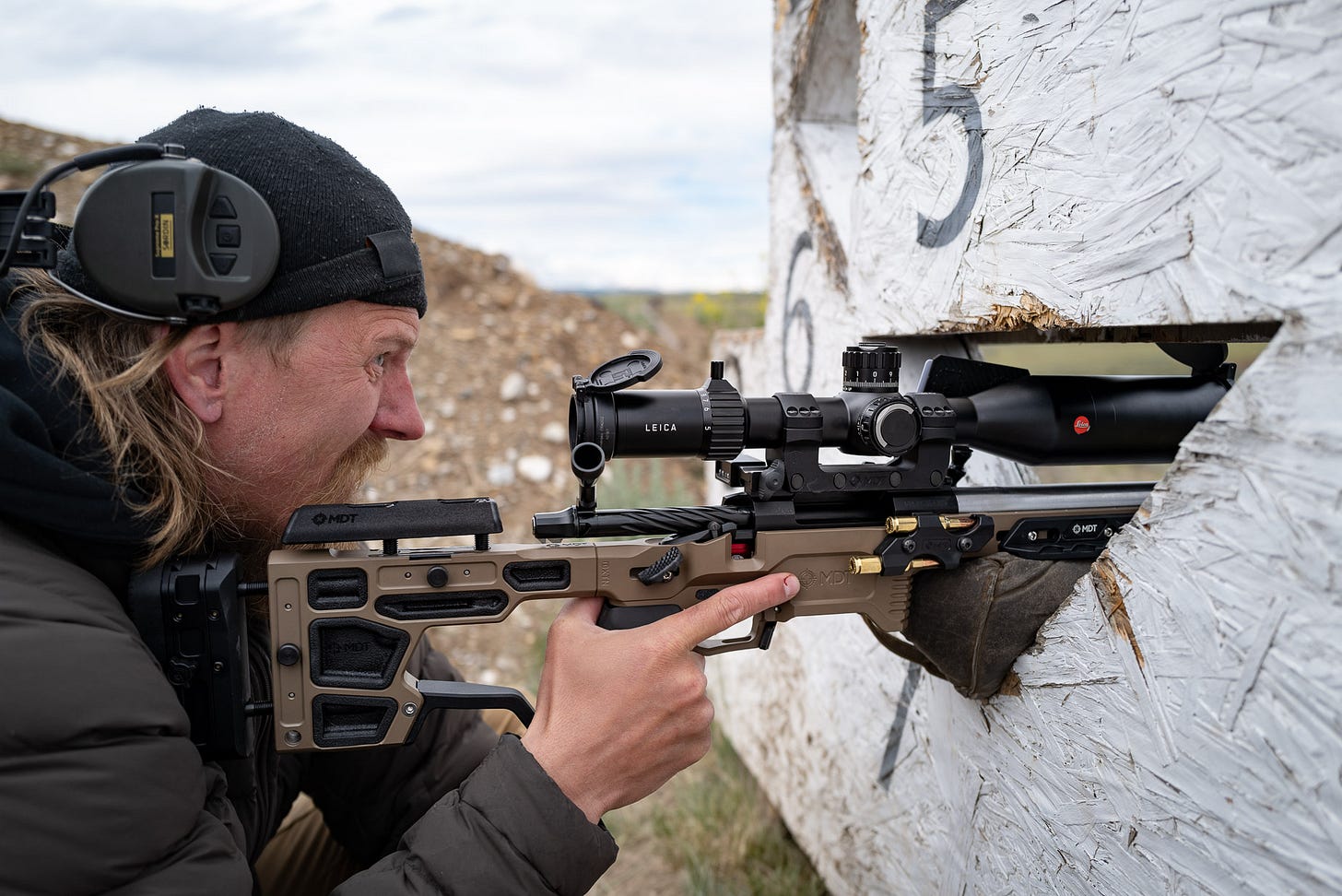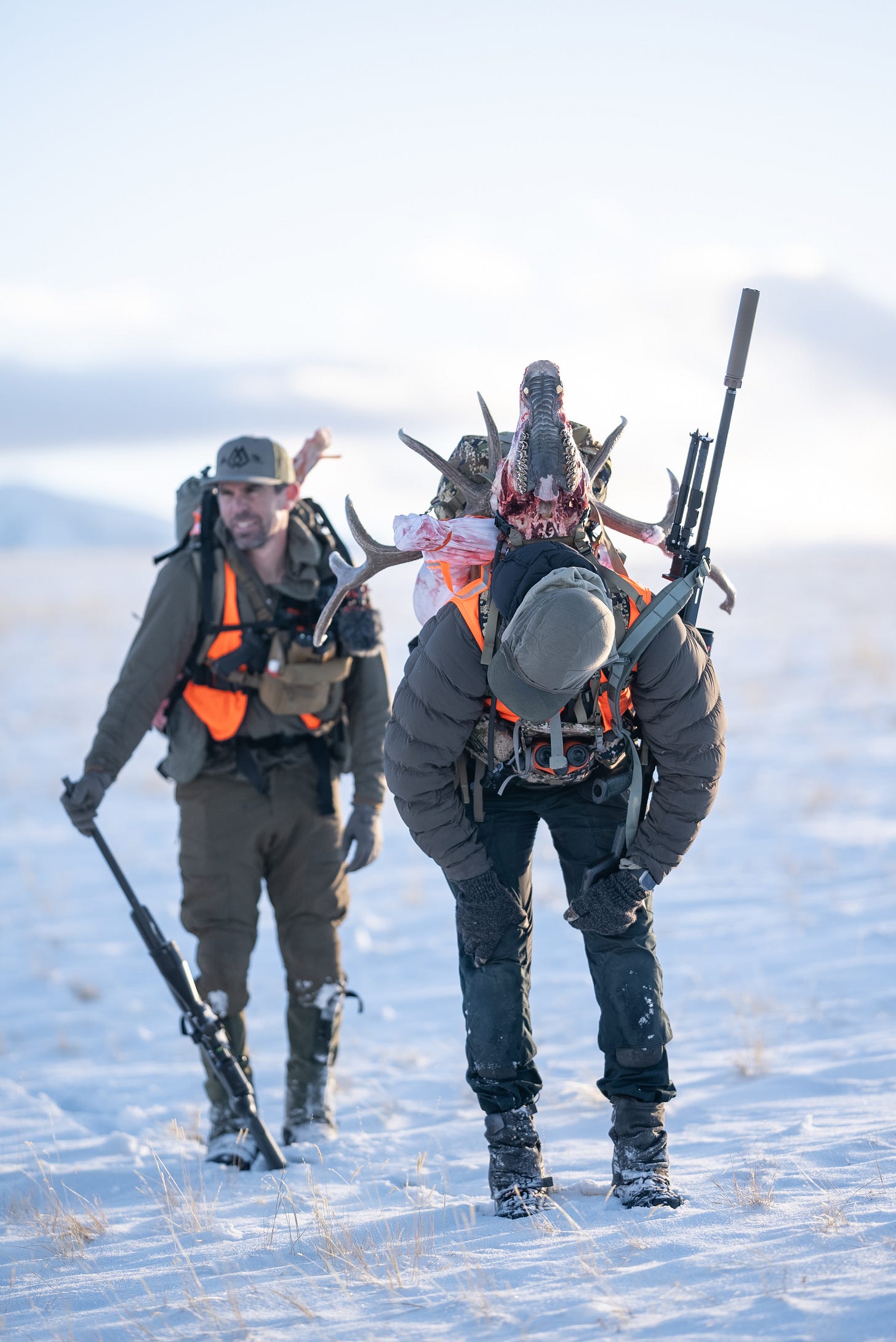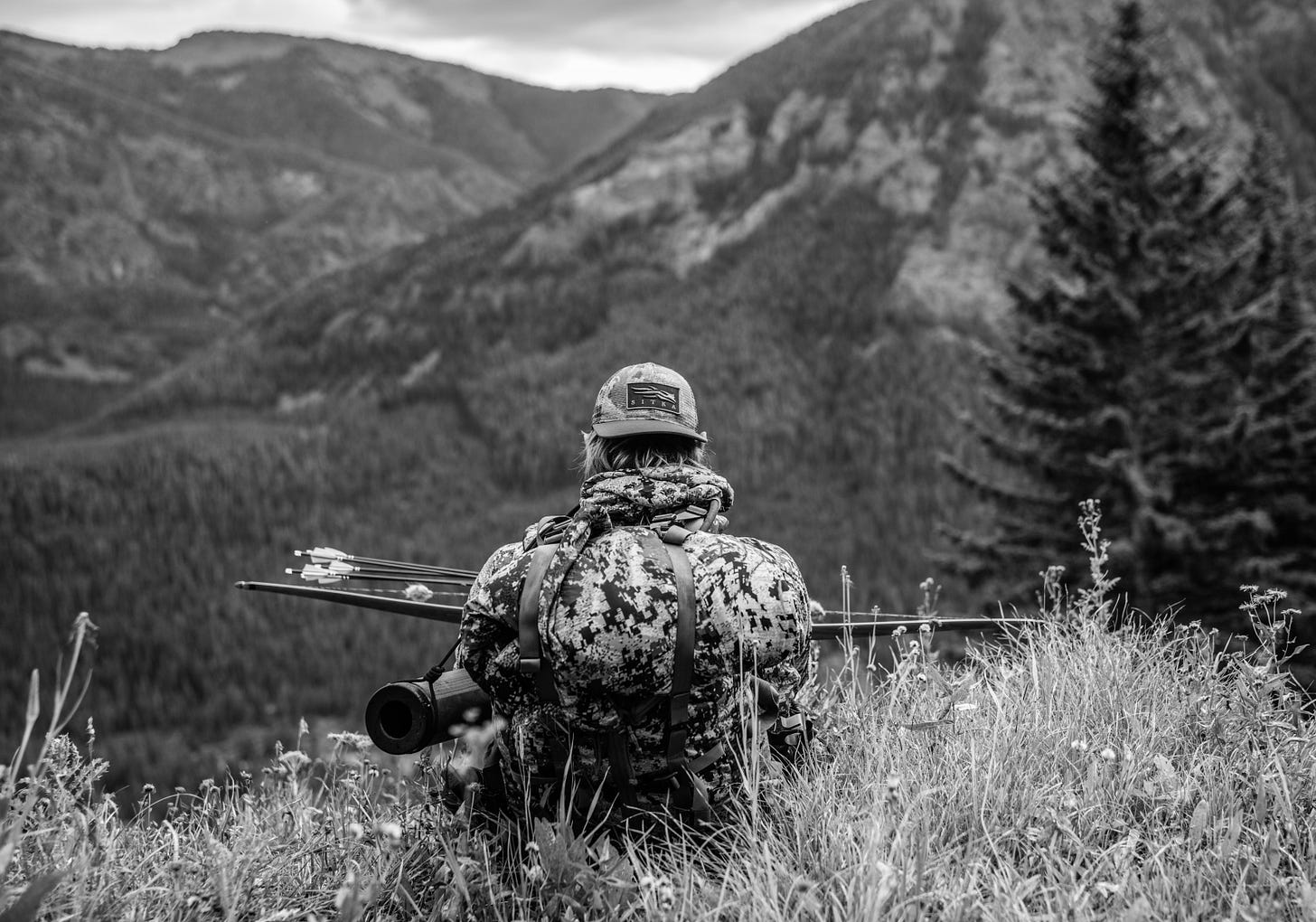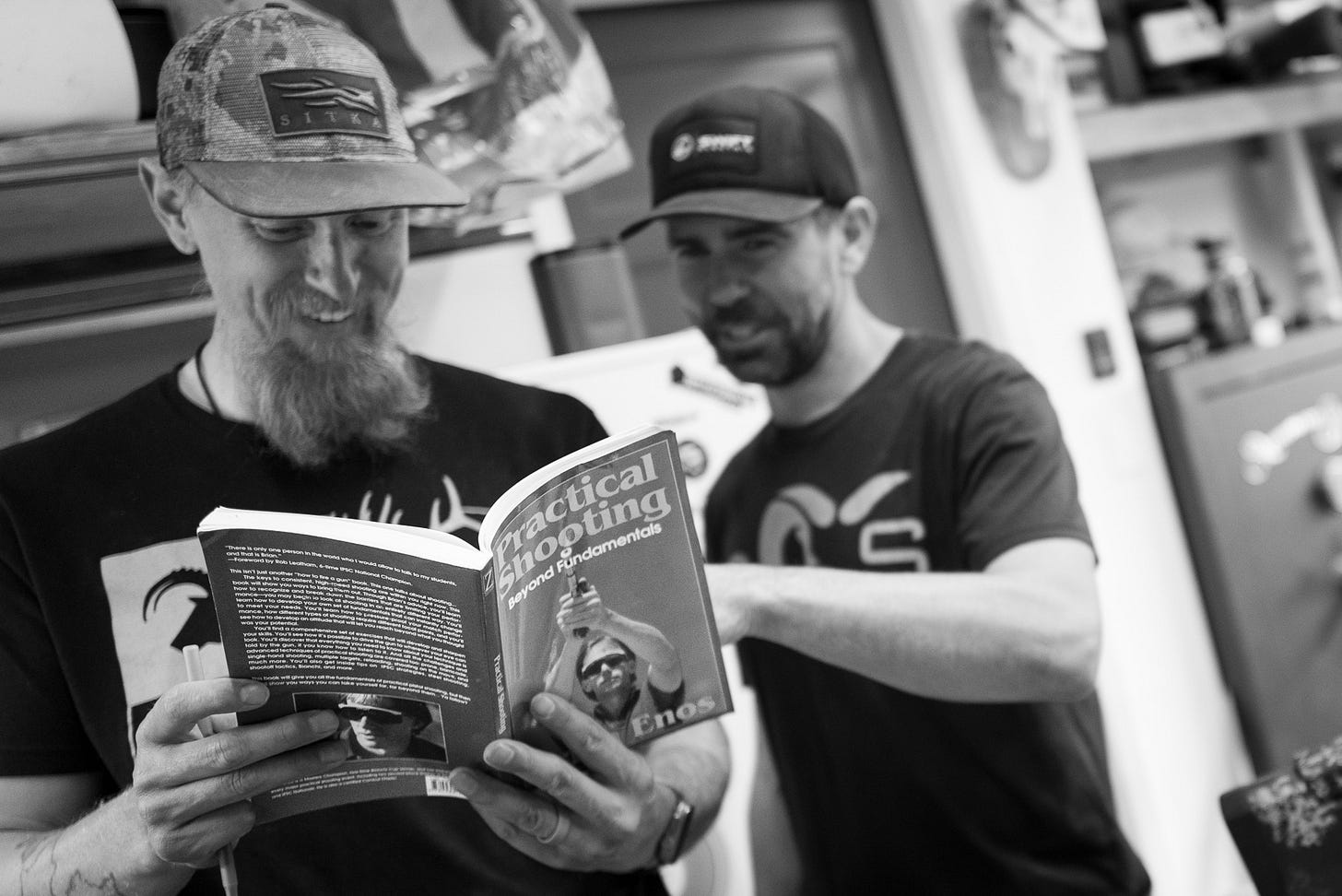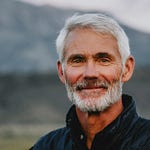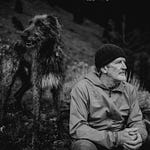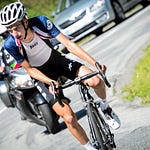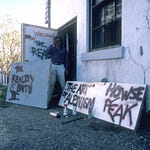I posted the third episode of the Équipe Solitaire podcast roughly six months ago. It was available to paid subscribers only because I don’t want to rely on advertising to underwrite it. Today that episode, with Ryan Holm, is available to free subscribers. I’m on the road for a couple of days to record a new episode. If you dig the podcast, please share it, and support it.
/
"Ryan Holm is a climber, hunter, family man, marketing genie, and a very thoughtful, kind man. After 13 years steering the marketing department at Mystery Ranch, he is now the Director of Marketing for Leica Sport Optics — but our conversation was not about work. Ryan describes himself as someone "who can learn, unlearn, and relearn," and that is pretty much what this podcast is about.”
Fourteen years ago, Ryan had his first episode of atrial fibrillation (AFib), an irregular and often very rapid heart rhythm, which can lead to blood clots in the heart and increase the risk of stroke and heart failure—in his instance, he was lower on the spectrum for anything serious. Generally, when one's heart goes into AFib, doctors will put it back in proper rhythm using chemical or electrical stimuli.
You can read about a variety of causes here: https://www.nhlbi.nih.gov/health/atrial-fibrillation/causes. Some of these are the opposite of what one might imagine, like "participating in endurance sports or physically working hard." Emotional stress and panic disorders can also contribute, though the condition may also develop for no apparent reasons.
In Ryan's case, “pill in the pocket” chemical solutions were suggested, and he continued forward headfirst to figure out the root cause of this issue. His positive experience with neurofeedback as a means to fix anxiety and enhance performance made him wonder if he could use it to "apply my addictive behavior to something good for me." This led to meditation and breathwork, through which he was able to control and relieve the intensity of the atrial fibrillation episodes.
During a sleep study, Ryan was diagnosed with sleep apnea. Once again, after testing the standard medical intervention—a continuous positive airway pressure (CPAP) machine—he chose a different path. Using mouth tape to enforce nasal breathing cured his sleep apnea, and consistent practice eventually allowed him to benefit from the technique, a simplified solution that achieved the same result as the original prescription.
Ryan simultaneously researched nutrition, having grown up without thinking much about it and living his entire life on a low-fat diet with low nutritional value. Sport Climbing had led him to experiment with nutrition to manage output and recovery, but his early investigations taught him that the 'system,' in practice and even language, is set up around losing weight, not performance or overall health and wellbeing. Once again, he took a different path, settling on fat adaptation, intermittent fasting, cyclical ketosis, and the nutritional value of the organ meats (or supplements) he harvested while hunting.
Through this process, he understood that his fitness model was broken. He was too focused on climbing, where all training emphasized increasing his ability to pull. Eventually, he realized that he was a human being first and should probably explore fitness in a way that supports a wholistic experience instead of supporting/reinforcing identity-based behavior because climbing is not unique (although many climbers treat it as such).
In an interesting (obvious after-the-fact) twist, all of the changes and interventions Ryan undertook to improve the health and function of his heart resulted in improved physical and mental ability in the context of climbing. Reducing his overall anxiety led to a sense of calm that allowed him to breathe in the moment, experience the bow hunt, or recall techniques for positional rifle shooting in the backcountry.
The nonstandard practices Ryan used to manage the conditions that could trigger an episode of atrial fibrillation increased his quality of life and allowed him to wait until a more reliable and more permanent intervention called Pulsed Field Ablation was discovered, developed, and approved. We recorded this conversation four weeks after he had this procedure, which will eliminate many of the restrictions that the unresolved condition had placed on his life and lifestyle. After fourteen years of limitations and boundaries, Ryan's map has suddenly become a whole lot bigger—not easier, but with a sense of rebuilding that’ll take time during the healing process, mentally and physically.
Some links mentioned in this episode:




